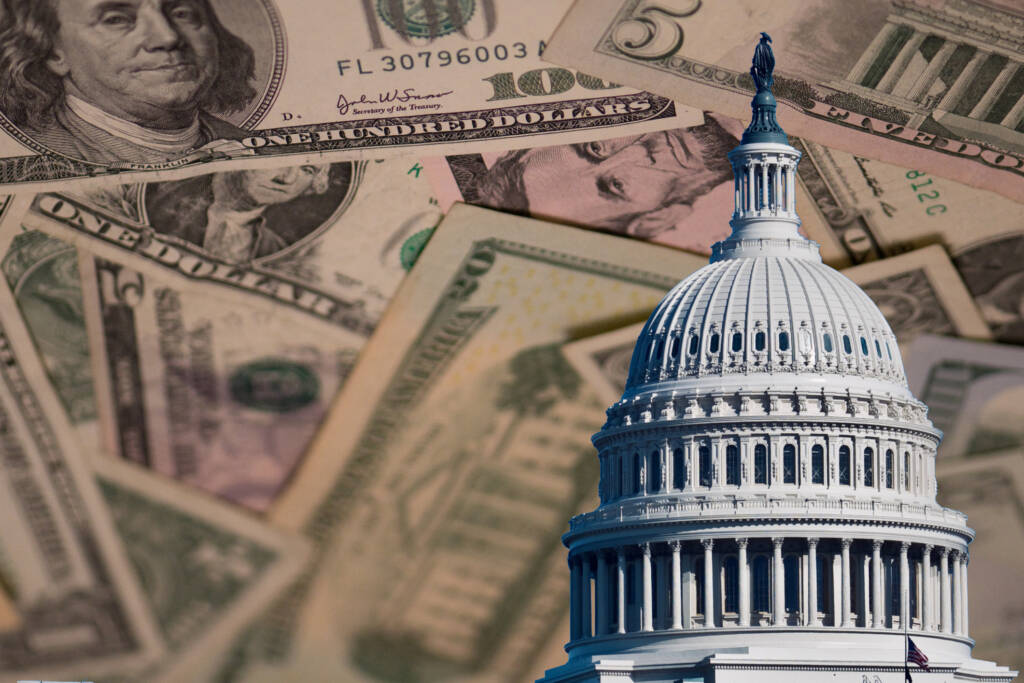
Adult Education Economics

If you enrolled prior to April 18, 2024 use this link to extend your enrollment.
Economic decisions affect us every day of our lives. Understanding economics means thinking about how scarcity, or limited resources, requires us to make choices and evaluate one option against others.
In this course, you will recognize examples of economics in your daily life. You will see how the economic choices of larger groups, like businesses and governments, affect you and others. As you progress through the course, you will recognize that the costs and benefits of choices connect individuals and groups around the world.
The purpose of this course is to help you become a smart consumer who understands the flow of an economy between individuals, businesses, governments, and the rest of the world.
Major Topics and Concepts
Module One: Economics and You
- How economics influences our daily lives
- Three basic economic questions
- Wants versus needs
- Scarcity and opportunity cost
- Law of Diminishing Marginal Utility
- Cost-benefit analysis
- Demand and supply
- Equilibrium price
- Functions and characteristics of the money supply
- Money versus currency
- Gross versus net income
- Direct versus indirect taxes
- Progressivity of taxes
- Tax returns
- Savings and checking accounts
- Savings and investment types
- Relationship between inflation, nominal interest rate, and real interest rate
- Government’s role in the investment market
- Risk and rate of return on investments
- Budgeting
ModuleTwo: Markets and You
- Circular-flow diagram
- Factors of production
- Entrepreneurship
- Contributions of entrepreneurs to the developing United States
- Different forms of business organization
- Characteristics of different market structures
- Market competition
- Productivity and marginal cost analysis
- Factors that impact the earnings of workers
- Production possibilities curves
- Capital investments
- Positive and negative externalities
- Impact of externalities on consumers and societyWage and price controls
- Natural monopolies and the purposes of government regulation
Module Three: The National Economy and You
- Phases of the business cycle
- Unemployment and inflation
- Gross domestic product (GDP)
- Tools and goals of fiscal policy
- Debt, deficit, and surplus
- National budget
- Organization and functions of the Federal Reserve System
- Relationships between consumers, banks, and the Federal Reserve System
- Tools and goals of monetary policy
- Theories of prominent economists
- Traditional, market, command, and mixed economies
- Role of society and culture in economic organization
- Broad economic goals
- Indicators of national economic health
- Absolute and comparative advantage
- Free trade and barriers to trade
- Protectionism strategies
- Consumer Price Index as a measure of inflation
- Effects of inflation on different levels of society
- International exchange rates
Competencies
Market Fundamentals
Students will demonstrate an understanding of market fundamentals by explaining money movement, describing factors of production, summarizing business fundamentals, and explaining the impact of government regulation.
Economic Fundamentals
Students will demonstrate an understanding of economic concepts by summarizing the influence of economics and scarcity, explaining supply and demand, explaining the role of currency and taxes, and describing money management.
Elements of the National Economy
Students will demonstrate an understanding of the elements of the national economy by describing types of economic systems, explaining the role of the Federal Reserve, explaining the importance of economic goals, and summarizing the impact of inflation.
